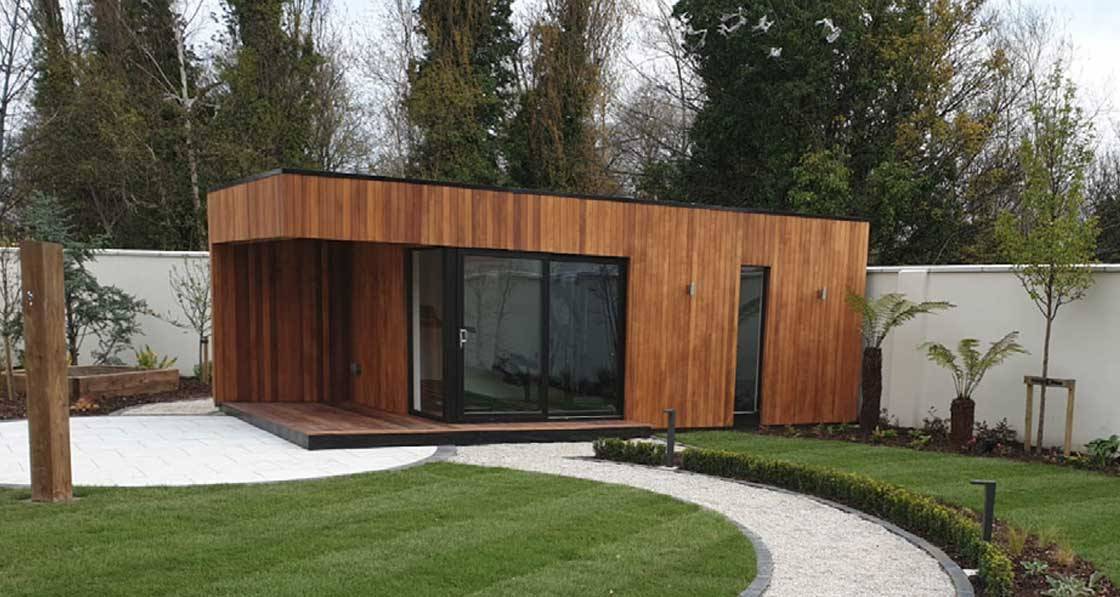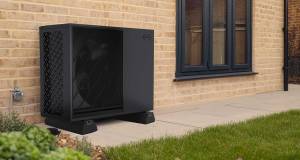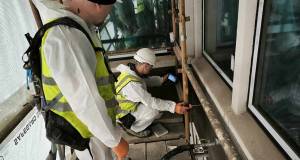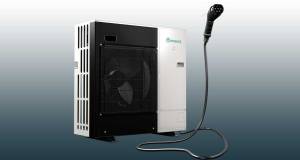
- Marketplace
- Posted
New government must support home working - Lidan designs
Roscommon-based modular offsite building manufacturer Lidan Designs has called on the next government to introduce effective financial incentives for companies to provide home office facilities to their employees.
This article was originally published in issue 34 of Passive House Plus magazine. Want immediate access to all back issues and exclusive extra content? Click here to subscribe for as little as €10, or click here to receive the next issue free of charge
Speaking to Passive House Plus, company co-founder Dan O’Brien said the current trend of people working from home during Covid-19 was likely to remain in the long-term.
“In the coming years, the demand for quality home office facilities, already growing pre- Covid-19, will grow exponentially. Lidan has already seen a big upturn in such orders recently,” he said.
“Incentivising companies to provide their employees with physically separate, quality office facilities would help to ensure more people could work from home and work more effectively.”
“Large multinationals have been aware for years that when their staff work from home, whether a few days a week or full-time, that they are more productive. We looked at the research into home working many years ago, and even then, there was significant research outlining the many advantages of home working. This includes commuting times, reduction in travel costs, time flexibility and a definable reduction in personal stress. For employers this means fewer sick days and increased productivity. Companies have also been able to revisit their need for expensive city office space.”
“This is all before the significant benefits to the environment are factored in – less cars on the road and less emissions, and less pressure on already stretched public transport services.”
But O’Brien says one of the big issues with home working is the increased time people spend checking devices outside normal working hours. The risks of being ‘always on’ are significant, as employee wellbeing and productivity can be affected. “You need to be able to separate your home living environment from your work environment and essentially close the door and finish work at the end of the day.”
Before co-founding Lidan Designs, O’Brien did a significant amount of home working as a management consultant for Accenture. It was his own quest for a garden office that led to the gestation of Lidan. “While I had plenty of space in my house for an office, I needed to physically separate my work environment from my living environment. When I looked at the office solutions available, I thought to myself these can be done better. So, Liam Casey and I founded Lidan and set about designing and building home offices.”
The company’s timber frame home offices meet nearly zero building (NZEB) standards, are BER A-rated, and can deliver passive house levels of airtightness.
“In addition, we wanted to build them modularly and bespoke with a range of optional finishes. Ninety per cent of our units are now fully finished in our factory in Roscommon, transported to site and installed – effectively a ‘plug and play’ solution for the customer.”
O’Brien called for the government to incentivise companies to provide such facilities to their employees. “Another big advantage is that home working would be a game changer in terms of repopulating rural areas and revitalising rural Ireland.”
Lidan manufactures offsite homes, offices, schools and other buildings from its factory in Roscommon town. For more see www.lidandesigns.com. The company’s clients, in addition to private customers, include OPW heritage sites, Bus Eireann, Dun Laoghaire-Rathdown County Council, the Department of Education and many others.
Related items
-
 Build Homes Better updates Isoquick certification to tackle brick support challenge
Build Homes Better updates Isoquick certification to tackle brick support challenge -
 Ecological Building Systems expands UK and Irish straw panel construction with EcoCocon deal
Ecological Building Systems expands UK and Irish straw panel construction with EcoCocon deal -
 Grant’s Aerona R290: A next-gen heat pump designed for the Irish climate
Grant’s Aerona R290: A next-gen heat pump designed for the Irish climate -
 Historic Dublin building retrofitted with cutting edge insulation
Historic Dublin building retrofitted with cutting edge insulation -
 Proctor gains ground with Scottish passive schools
Proctor gains ground with Scottish passive schools -
 Heat pump and EV charger combo promises smart energy use
Heat pump and EV charger combo promises smart energy use


